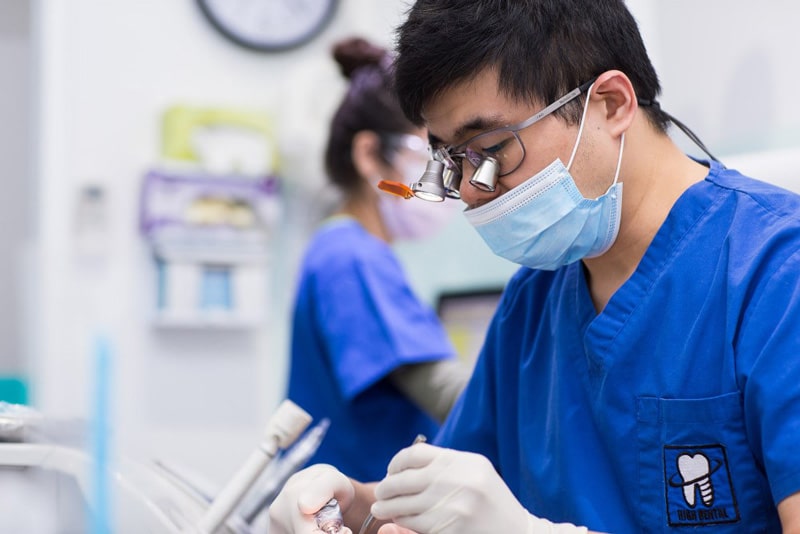Why is Wisdom Teeth Removal so Common?
- Health Funds & Finance Available
- Full Mouth X-ray Facility
- Dental Cleaning treatment

Why is Wisdom Teeth Removal so Common?
Wisdom tooth removal is one of the most common dental procedures.
There is a frequent debate between oral surgeons and dentists regarding whether wisdom teeth removal is necessary if you are not experiencing any symptoms.
More insight into wisdom teeth and why they are removed can help you to make the best choice for your oral health.
Why Do We Have Wisdom Teeth?
Wisdom teeth were once essential for the early human diet which largely consisted of leaves, nuts, roots and meat. Today’s diet renders wisdom teeth unnecessary since humans cut up their food and cook it so that it is easier to chew.
What Are Wisdom Teeth?
Approximately 53% of people will develop at least one wisdom tooth, according to one study. Your wisdom teeth emerge at the very back of your mouth. They are also referred to as your third molars. Wisdom teeth are flat and not sharp.
Unlike your other teeth, wisdom teeth do not start growing around birth. Their growth does not begin until around age seven. They are not visible until your late teens or early adulthood.
Why do You Need to Remove Wisdom Teeth?
For some people, wisdom teeth do not cause any problems after they come in. For others, they may not come in straight which could cause overcrowding in your mouth. This can lead to discomfort and an increased risk of tooth decay for the teeth in the area.
For some people, wisdom teeth become impacted. When a wisdom tooth is impacted, it grows at an abnormal angle or it can remain trapped in your jawbone. This issue can cause pain, tooth decay, surrounding bone damage, gum disease or infection.
The Benefits of Removing Wisdom Teeth
Whether your wisdom teeth are causing problems or not, your dentist might recommend removing them. This is often a preventative measure to reduce your risk of tooth decay. When your wisdom teeth are in place, this can reduce how much space is available in your mouth to floss and brush. Debris and food can also get trapped in that area.
Whether the issue is impaction or limited space, wisdom teeth may increase your risk of infection and inflammation. Left untreated, these can spread throughout your gums and put your total oral health at risk.
The area where wisdom teeth erupt is already crowded, so once they grow in, this can overcrowd your mouth. Nearby teeth get pushed aside and misalignment can occur.
It is possible for nearby teeth to experience damage. The second molars are at the highest risk. This could lead to cavities and bone loss.
Tumours or cysts are possible when you have an impacted wisdom tooth. This can contribute to joint pain in your temporomandibular joint which can be difficult to treat.
Our Wisdom Teeth Removal Services in Melbourne
We plan out each wisdom tooth extraction carefully so that they meet the unique needs of our patients. We consider your complete medical history and use the proper anesthesia to promote comfort during the procedure. Call us today to set up your appointment to learn more about your wisdom teeth removal options.
Contact Us
Get your dental health back on track with us

